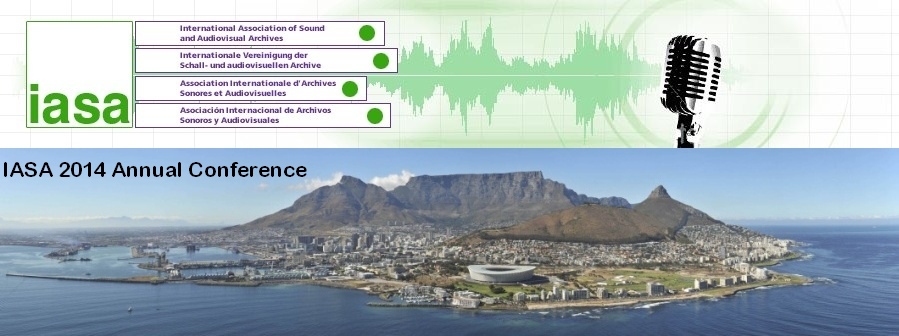The global digital switch over from analogue towards digital broadcasting poses a challenge to developing countries. Digital broadcasting may place a burden on consumers to upgrade televisions (TVs) and radios in countries where TV and radio penetration is low. However, digital broadcasting may be inevitable when the production of analogue equipment stops. A treaty agreement was signed on the 16th of June 2006 at the conclusion of the International Telecommunication Union (ITU’s) Regional Radio Communication Conference (RRC-06) in Geneva that marked the beginning of the end of analogue broadcasting. The agreement stipulates that the transition period from analogue to digital broadcasting should end on 17 June 2015 (Stork & Kanyangela, 2010). Digital migration process is taking place in the two neighbouring national television stations; Botswana Television (BTV) and Namibian Broadcasting Corporation (NBC). The digital switchover may make the stations experience broadcasting difficulties and not meet the deadline. As far as this researchers know, no study has focused on BTV and NBC. Hence a study is to explore and analyse challenges of digital migration in those two countries.
This study explored the digital migration process at the BTV and NBC through quantitative and qualitative methods to help fill the gaps of knowledge and understand the challenges broadcasters face in migrating analogue to digital formats. The study was guided by the diffusion of innovation theory. The research attempted to answer the following questions; what is the status of television broadcast in Botswana and Namibia?, What strategies are the broadcasters using?, What are the benefits of digital migration for Namibia and Botswana?, What challenges are the broadcasters in Namibia and Botswana facing? And What are NBC and BTV are doing to inform their audience about the digital migration?
Qualitative research design was used to gain deeper insights of the issue. Purposive sampling was used because not everyone employed at the broadcasters was in a position to provide the required information. Therefore, 21 key informants were also targeted. Findings revealed that digital migration brings many benefits to both the broadcasters and television viewers. However, digital migration is a very complex project so the launch should not be rushed; proper planning should be done so that the launch should be done right the first time. The study revealed some challenges broadcasters and users are facing. These include; delays by the concerned governments to implement the digital process and unavailability of skills. Hence, the broadcasters are not convinced that the audience know what they need to know about the innovation so it does not come as a surprise. Nonetheless, the findings from the study indicate that Botswana is more confident than Namibia in meeting the set deadline and recommends that governments of the two countries should be more supportive to the television broadcasters.
Surname (author 1):
Phuthologo
Institution:
University of Namibia
Country:
NAMIBIA
Presentation type:
spoken paper
Date:
7 October Tuesday
Start time:
0900
Venue:
CFB Auditorium
Abstract:
